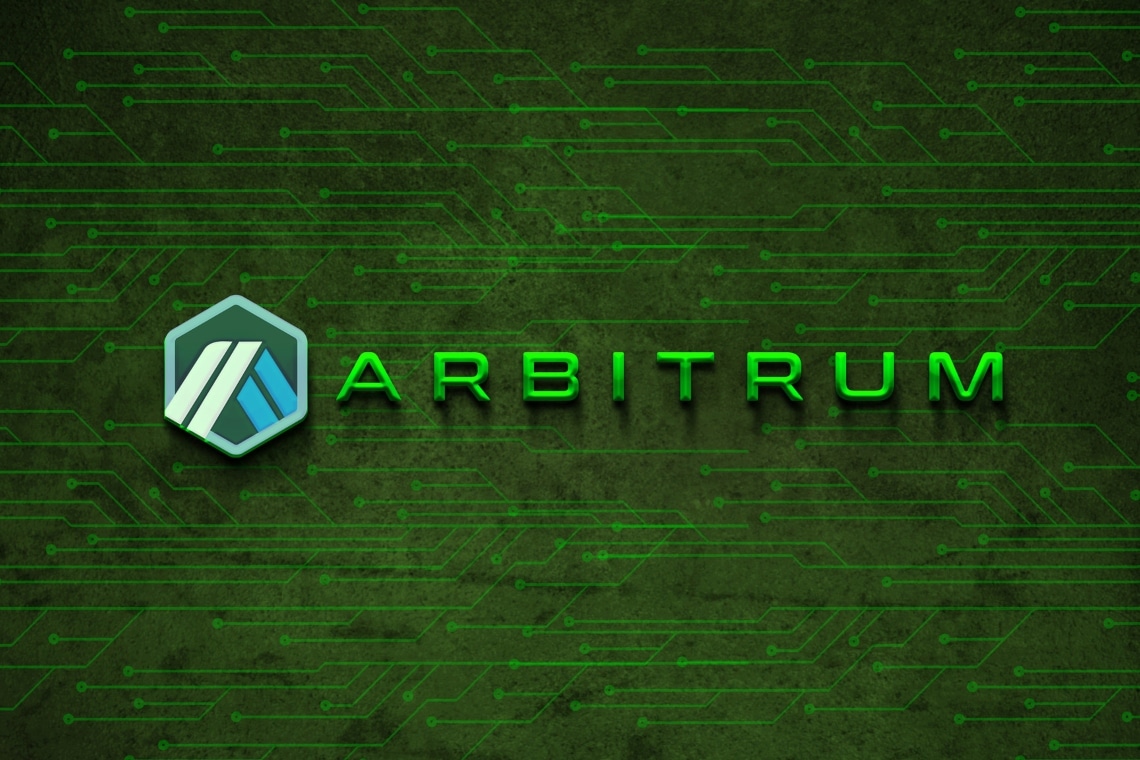In the world of blockchain and crypto, transaction volumes are a crucial measure of network activity, and the Arbitrum blockchain is no exception.
In recent weeks, the Arbitrum network has seen a surge in transaction volumes, coinciding with the recent ARB airdrop on 23 March.
Summary
Arbitrum registers a significant level of activity and ranks among the most important in the crypto world
For the uninitiated, Arbitrum is a layer 2 scaling solution for Ethereum, designed to increase the network’s transaction processing capacity while reducing the associated fees. The protocol was developed by Offchain Labs and offers users a high-performance, low-cost alternative to Ethereum’s basic layer.
Over the past 20 days, the Arbitrum blockchain has seen an unprecedented level of activity, with transaction volumes hitting new all-time highs. On 23 March, the day of ARB’s airdrop, the network processed as many as 2.72 million transactions in a 24-hour period, an unprecedented record.
Since then, network activity levels have remained consistently high, with daily transaction volumes averaging between 1.5 and 2 million transactions. This level of activity testifies to the popularity of the Arbitrum network and the demand for its services.
The ARB airdrop on 23 March was a significant event for the Arbitrum community, with the distribution of the protocol’s native token, ARB, to eligible users. The airdrop was designed to incentivize users to participate in the network and appears to have been successful, given the subsequent surge in transaction volumes.
The increase in activity on the Arbitrum network is also indicative of the broader trend toward layer 2 scalability solutions for Ethereum. With the growing popularity of decentralized finance (DeFi) and non-fungible tokens (NFTs), Ethereum’s base layer has become increasingly congested, resulting in high transaction fees and slow processing times.
Some features of the Arbitrum crypto
Layer 2 scaling solutions such as Arbitrum are designed to alleviate these problems by processing transactions off the chain and settling them on the chain, resulting in faster transaction times and lower fees. As more users and developers flock to layer 2 solutions like Arbitrum, we can expect to see continued growth in transaction volumes and network activity.
The recent surge in activity on the Arbitrum network is also a promising sign for the broader blockchain industry. With Ethereum and other blockchain networks facing scalability issues, layer 2 solutions such as Arbitrum offer a viable way forward, allowing the industry to continue to grow and evolve.
Naturally, the recent surge of activity on the Arbitrum network is not without its challenges. As transaction volume increases, the capacity and infrastructure of the network will be put to the test. However, the Offchain Labs team has been working hard to ensure that the network can handle the increased demand, and it appears that its efforts have been successful so far.
Arbitrum Foundation promises new votes directly from the community
The Arbitrum Foundation, the non-profit organization behind the development of the Arbitrum Layer 2 scaling solution for Ethereum, has bowed to community pressure and agreed to split its governance package into a series of separate votes.
The move comes after holders of the native ARB token staged a strong revolt against the package, which had proposed a number of changes to the network’s governance structure. The controversy centered on the fact that the package was presented as a single, all-or-nothing vote, with no opportunity to vote separately on individual proposals.
Arbitrum Foundation initially defended the decision to present the package as a single vote, arguing that it was necessary to ensure that the changes were implemented together and that the network could function smoothly. However, after a campaign supported by ARB token holders, the Foundation backtracked and agreed to separate the proposals into individual votes.
In a statement released Sunday, the Foundation said it listened carefully to the community’s concerns and decided to separate the governance proposals into a series of separate votes to allow token holders to express their opinions on each proposal independently.
The statement goes on to say that the Foundation is committed to working closely with the community to ensure that network governance reflects the wishes and interests of all stakeholders.
The move was welcomed by ARB token holders, who had criticized the original package for its lack of transparency and for not giving them a say in individual proposals. Some had even threatened to sell their tokens and leave the network if the package was implemented in its original form.
DeFi: systems controlled by users are needed
The controversy highlights the growing importance of governance in the decentralized finance (DeFi) space, as more and more projects seek to give their communities a greater say in the direction of the network.
While some have criticized the decentralized governance model for being slow and inefficient, others see it as a key element of DeFi’s promise: a financial system controlled by its users, rather than by centralized authorities.
As the DeFi space continues to evolve and mature, governance is likely to remain a key issue for projects and their communities. The Arbitrum Foundation’s decision to listen to its community and give them a greater say in the governance of the network is a positive step forward that can serve as a model for other projects in the space.




